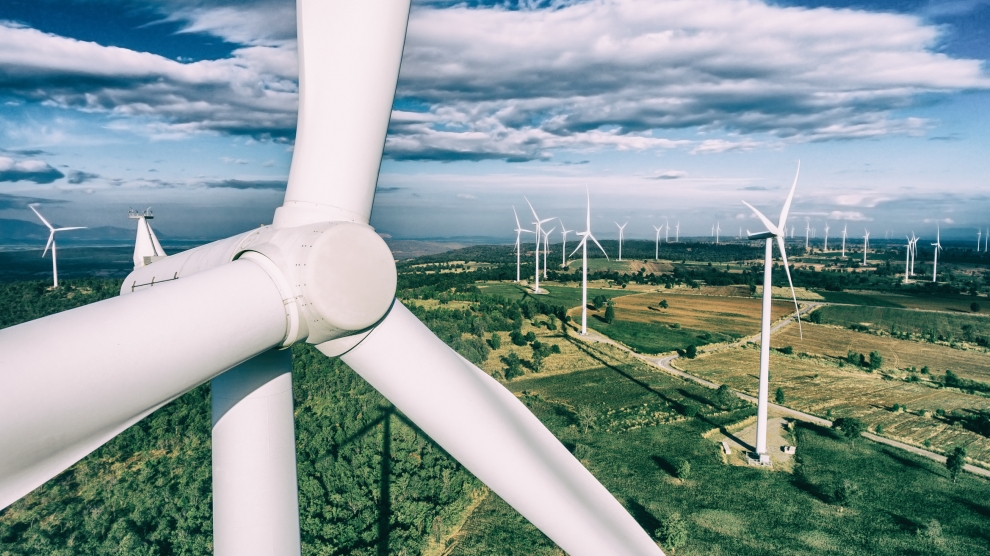In 2014 EU members agreed to a target of 27 per cent of energy consumption coming from renewable sources, and a 27 per cent increase in energy efficiency. Central and eastern European members reluctantly signed up to this at the time, and now the EU is seeking to make those energy standards even tougher.
The European Parliament has stated that it wants to significantly boost targets for 2030. The ambitious target set by MEPs this time is 35 per cent for both renewable energy and energy efficiency, whereas a recent European Commission analysis concluded that the EU would not incur extra costs to increase its target for renewables from 27 to 30 per cent.
The Union made promises in the Paris climate agreement to cut greenhouse gas emissions by 40 per cent, and the targets set in 2014 do not meet the Paris demands.
However, countries in emerging Europe, such as Bulgaria, Romania and Poland, are mostly dependent on coal and agreeing to these high standards will most likely hit their economies, as the Commission, Parliament and member states are currently negotiating this year’s Clean Energy Package. The drastic decrease in the cost of wind and solar power are reasons for introducing higher standards.
Swedish energy minister Ibrahim Baylan has stated that the gradual switch to renewable energy will create more jobs and lead to economic growth, which, according to him, is why central and eastern Europe ought to make the transition. Despite emerging Europe preferring to stick to the 27 per cent target, some in the region, such as Lithuania, are beginning to follow suit and now support the 30 per cent target.
Yet the 2030 renewable energy goal will only be binding at EU level, meaning that national targets may still vary, requiring a significant degree of solidarity to achieve the EU-wide target.
The Bulgarian Presidency will lead negotiations in the Council before the end of its term in June and the country needs to be neutral, not easy given that 40 per cent of Bulgarian energy is from coal and 35 per cent from nuclear power.

